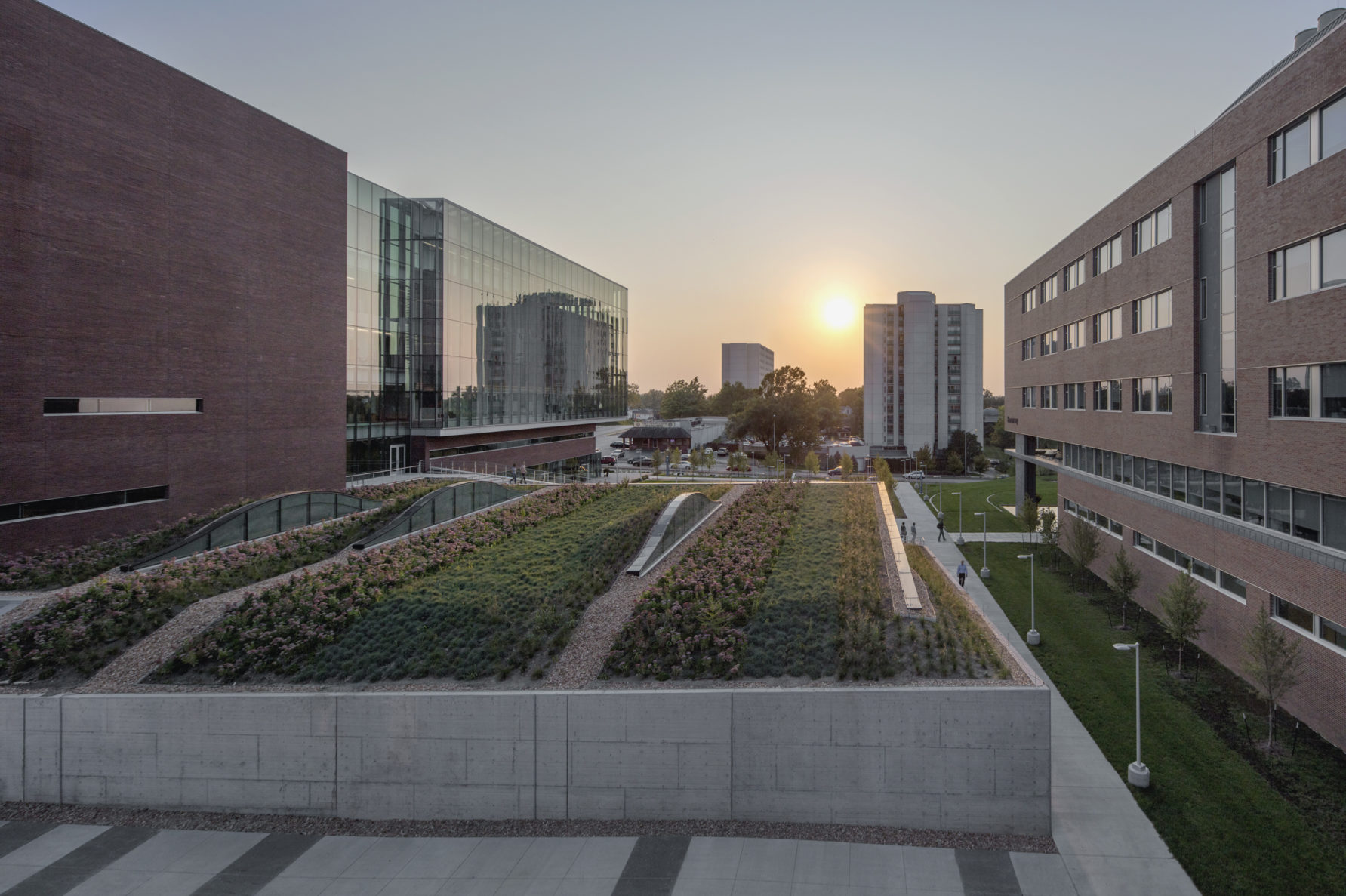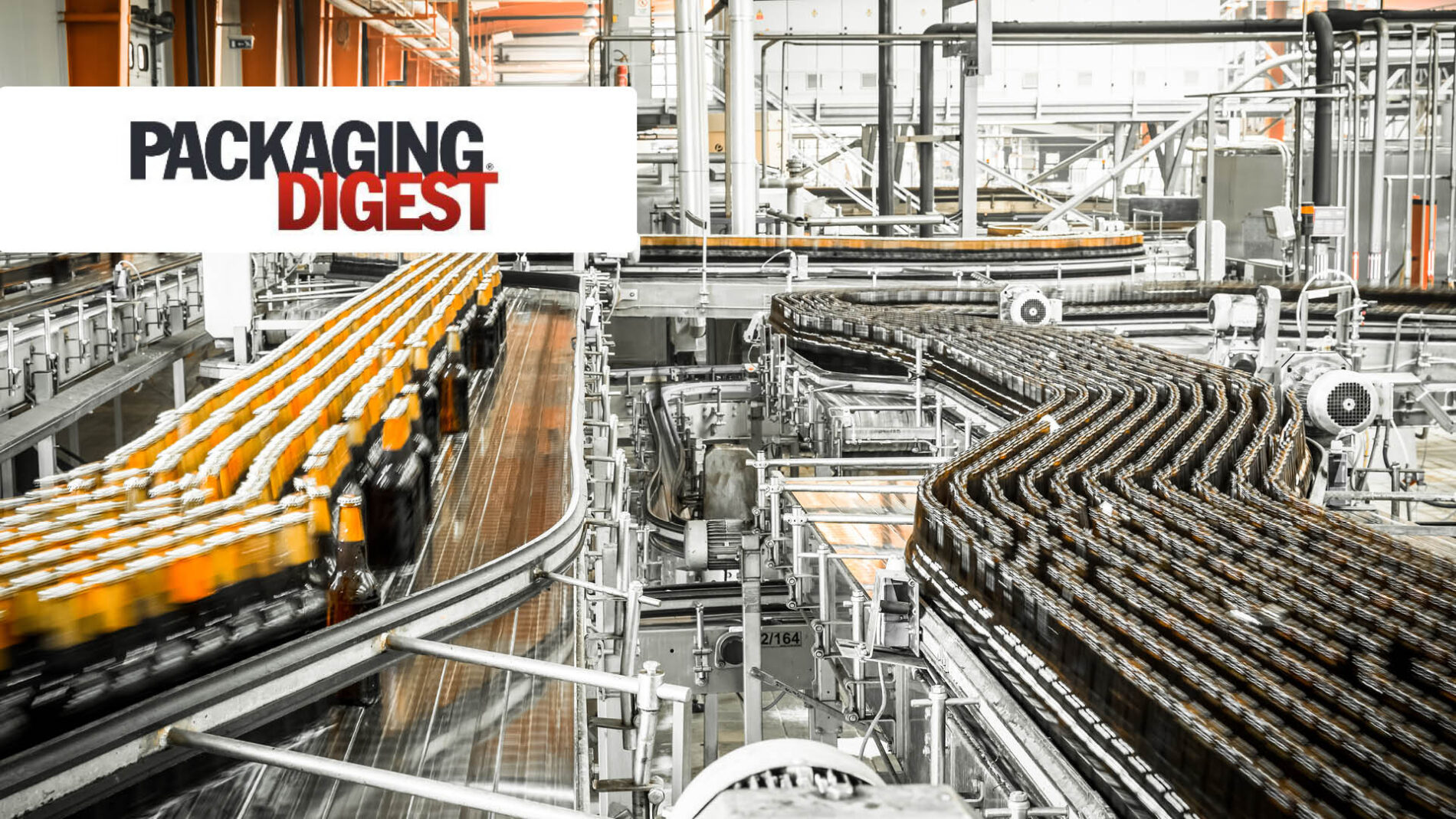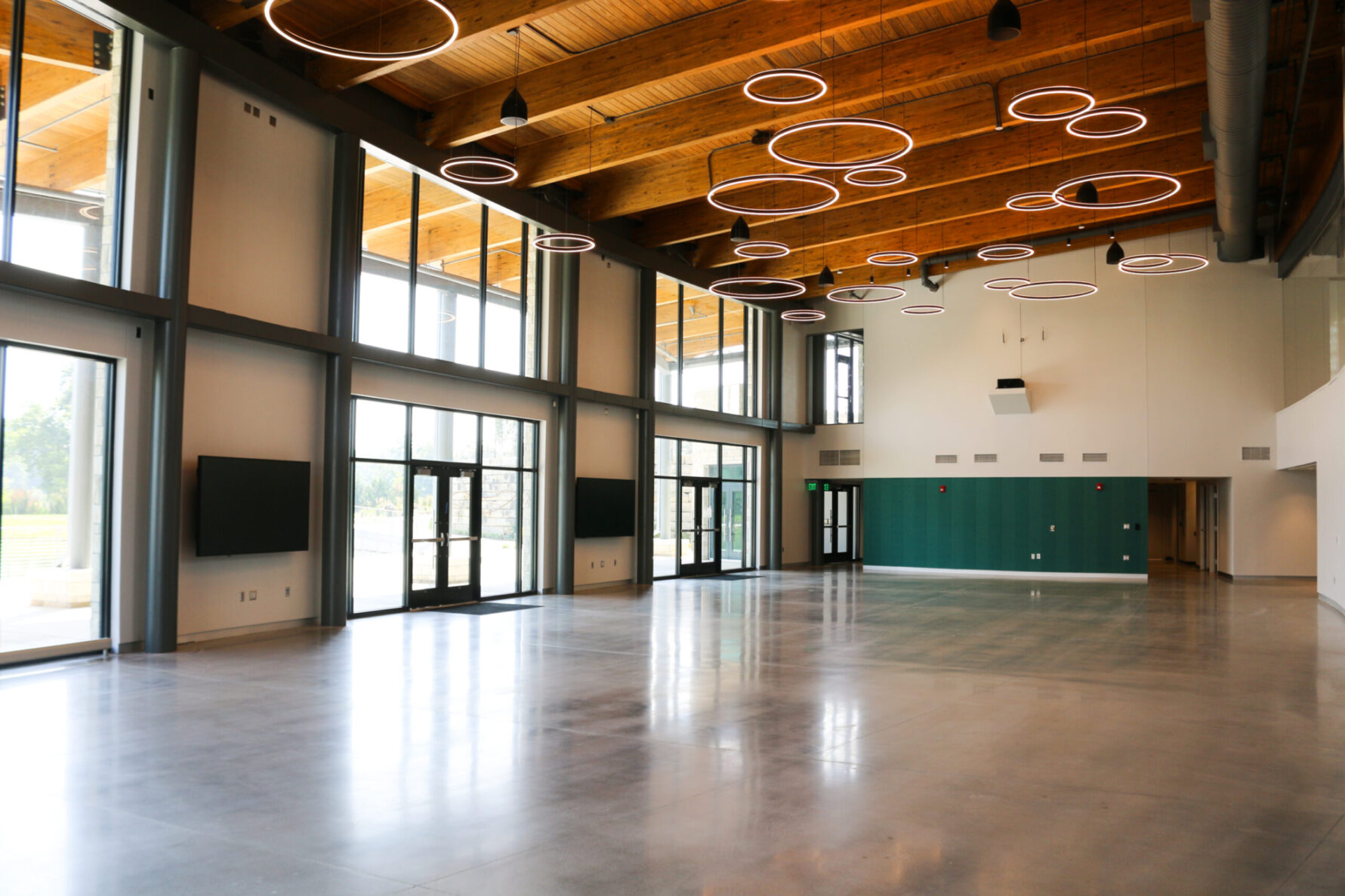Green Building Certification Systems

The Most-Used Green Building Certification Systems in Construction
Thanks to green building certification systems, even our basic building standards are constantly evolving. General building code standards are more robust, and would be equivalent to what may have been a base level green certified building 20 years ago. This ensures the entire industry progresses, while those with the available resources can go above and beyond to incorporate the stricter initiatives necessary for today’s green building certification systems.
What are green building certification systems?
Green building certification systems are a set of rating systems and tools used to assess a building or construction project’s sustainability and environmental impact. The goal of these systems is to improve the overall quality of the buildings and infrastructure around the buildings. This while also integrating a life cycle approach in design and construction.
McCownGordon helps clients reach for and achieve whatever green building certification systems they wish. However, we work most often with LEED and Green Globe® certification.
Related: Green Buildings in Kansas City
Leadership in Energy and Environmental Design
Leadership in Energy and Environmental Design (LEED) certifies more 1.85 million square feet of construction space each day. LEED certifications provide independent verification of the building’s green features. The incentive of this leads to the design, construction, operations and maintenance of resource-efficient, high-performing, healthy and cost-effective buildings.
Through LEED projects, companies divert more than 80 million tons of waste from landfills. LEED Gold buildings within the General Services Administration’s portfolio consume a quarter less energy and generate 34% lower greenhouse gas emissions. Furthermore, LEED-certified buildings directly contribute tens of billions of dollars into the US GDP.
What are the benefits of LEED certification?
The main benefit of LEED certification is verification that your building is efficient and healthy. There are, of course, various more tangible benefits. For starters, people are generally familiar with LEED certification and what it says about any LEED-certified space. Most corporate leaders agree that sustainable practices lead to market differentiation and therefore improved financial performance. The Microsoft campus in Silicon Valley is a great example of sustainability and creation of a space intended to benefit and restore the natural area.
There are benefits for the people who live and work in LEED-certified buildings, too. LEED-certified buildings demonstrate better recruitment and retention rates among the employees who work there, due to indoor environmental quality. Tenants are also more likely to choose LEED-certified spaces for living, with green buildings in Kansas City and around the country experiencing lease-up rates up to 20% above market average.
Green Globes®
Green Building Initiative is a nonprofit organization—and American National Standards Institute (ANSI) Accredited Standards Developer— dedicated to improved building performance and reduced climate impact. They provide Green Globes®, a comprehensive and science-based rating system that supports a wide range of new construction and existing building project types. Green Globes® certifies any projects that meet 35% or more of the 1,000 points deemed applicable to the project.
Green Globes uses an assessment process intended to mimic the design and construction schedule for new construction. This assessment process helps facilitate a seamless certification. This process meshes well with McCownGordon’s approach of integrating our sustainability experts as early as possible into the design phase. Through early integration, we prevent time-consuming and costly project changes. Green Globes® serve as a benchmarking tool to evaluate current performance and to guide improvement for existing buildings as well.
What are the benefits of Green Globes® certification?
Green Globes certification process ensures:
- Energy conservation
- Lowered water consumption
- Responsible use of materials
- Efficient use of project team time
More and more people are educating themselves on sustainability and humans’ impact on the environment. This means that the public knows green buildings in Kansas City need their claims backed by scientific evidence. Green Globe certification confirms an unbiased, third-party organization verified your building’s sustainability.
WELL certification
In late 2014, the International WELL Building Institute (IWBI), working with the Green Business Certification Inc (GBCI) launched the first rating system that incorporates different types of measures for the advancement of human health and wellness in buildings. These institutes administer the WELL Certification process and WELL Assessor credentialing program. WELL standards were developed by including medical and scientific research on environmental health, health outcomes, behavioral factors, and more.
WELL v2
Four years after WELL launched, the standards were updated with the purpose of providing equity and reducing the entry barriers for sustainable building, while keeping their rigorous environmental standards.
How it works
WELL includes 10 concepts and more than 100 features. Concepts require 23 preconditions to be met while offering 94 optimizations to score needed points. The scoring is similar to LEED with certification levels including: Certified, Silver, Gold, and Platinum.
Fitwell standards
Fitwell was introduced a couple of years after WELL. This rating system focused on the health of employees and creating a healthy workplace. Designed by the Center for Active Design, Fitwell is expanding quickly thanks to communities and individuals who are interested in creating public and private spaces that offer a healthy quality of life.
How it works
Fitwell provides a tailored scoreboard for a variety of building types, including multifamily, retail, community, and workplace. It includes more than 55 strategies to address a vast range of health risks and behaviors to enhance building health. Each strategy has a certain amount of points based on the strength of its impact. Certification levels include 1 star, 2 stars, and 3 stars.
McCownGordon Construction is your green building expert in the Midwest
At McCownGordon, our team of builders and engineers maintain a customer-focused mentality, allowing us to outperform even your highest expectations. Dedicated to promoting integrity, performance and relationships, it’s our people and values that truly make the difference. Our commitment is to develop more green buildings in Kansas City throughout the entire Midwest.
Our customers aren’t simply another project; they’re an extension of our team and community. Together, we don’t just build—we bring creative visions to life. From first thought to final nail, we deliver quality work to ensure our builds stand above the rest.
We have three regional offices around the Midwest—Kansas City, Manhattan and Wichita. Call us at 888-304-4929 or use our free online quote tool to start building today.




